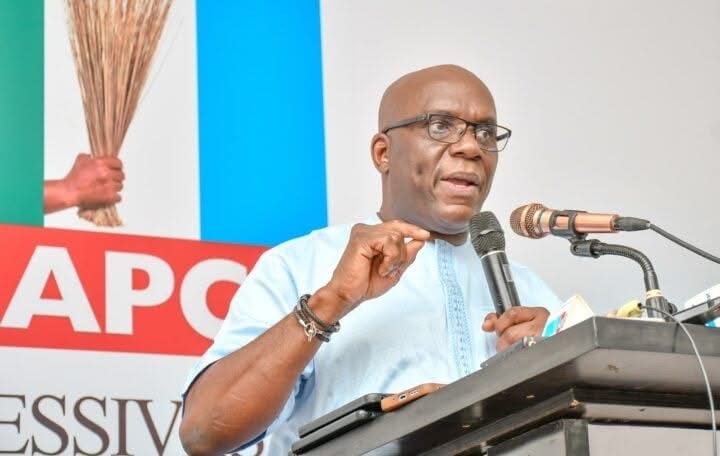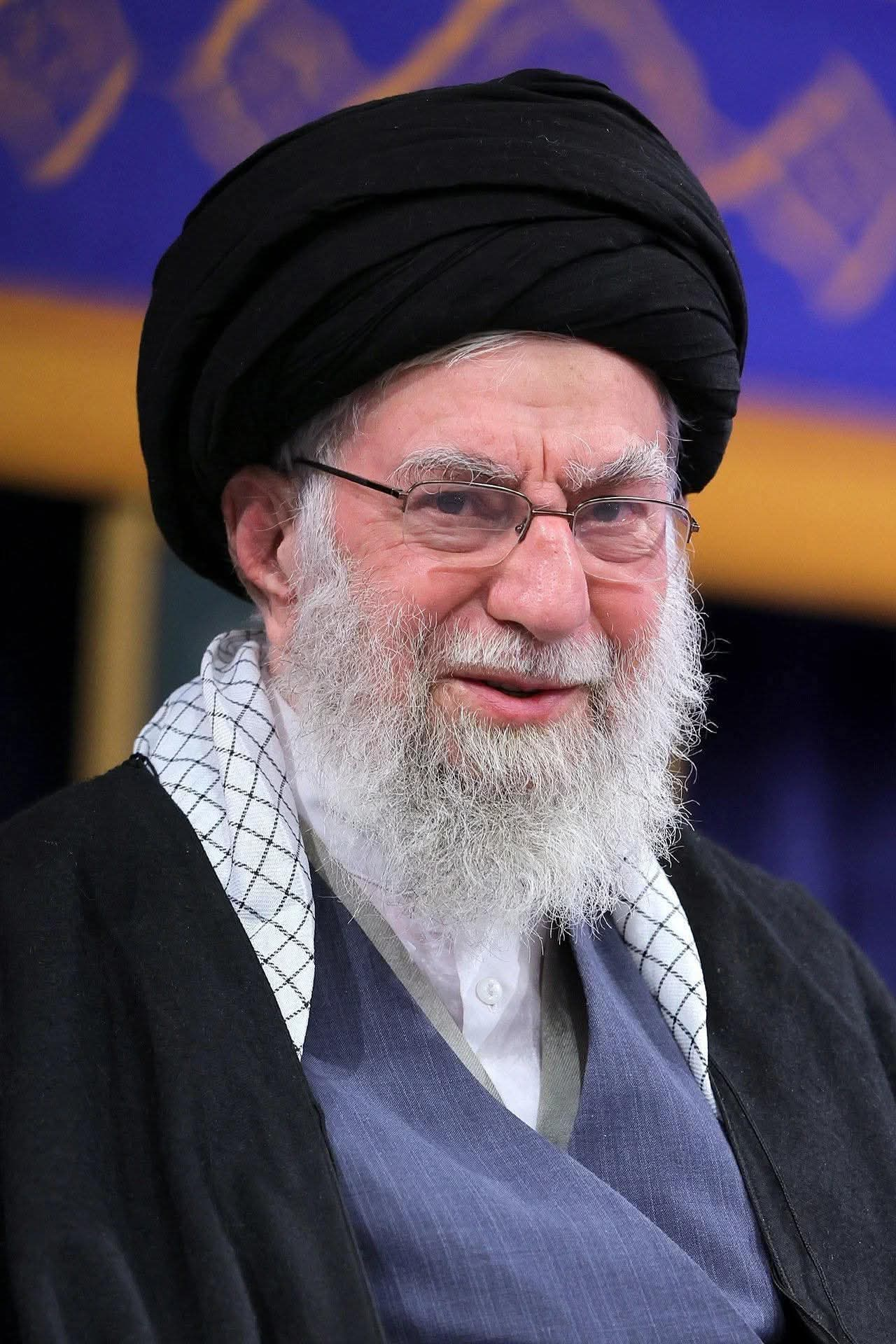Culture, a great deterministic factor in the sculpting, building and modification of human personality structure has a great investment in the development of the individual or the society. From the perspective of a social constructionist, culture is the sum total of what see around, how we think about them and their influences on the way we think about them.
An English Anthropologist, Edward Burnett Taylor defined culture as “that complex whole which includes knowledge, belief, art, morals, law, custom, and any other capabilities and habits acquired by man as a member of society.” It’s therefore right to say culture influences human as much as human and his environments dictates the standard of culture.
Nigerian culture, in its is profoundly eclectic due to the socio-political structure of the country and is a valid representation of culture as the total way of Nigeria.
The way of life in Nigeria is better as complex. The hybridisation of culture, indoctrination of actions and the acculturation of external ideology has continually impeded development in Nigeria.
Contemporarily, many individuals have utilised different constructs for culture in Nigeria– In this context, we do not refer to corruption, nepotism or ethnocentric actions that have tongue-named culture in Nigeria– Rather we shall examine how the primordial structure of Nigerian culture has evolved, remained stagnant, yet unpreserved, and has left our institutions in shambles, in relations to other countries across the globe.
As Nigerians, our development individually and collectively is determined by how we choose to operate within and outside the context of our culture. This is the outcome in every nation of the world. Culture in Nigeria, has taken the centre stage across all institutions, tiers of governments and emerging corporations.
The existing ideology that, “the elders bring ideas, while the youth must work,” is the norm in every institution’s organogram across the country – this antiquated credo built by our forefathers benefited their institutions, because the context within which they exist corroborated their practice. To abduct this in our own era is an otiose course towards development.
While this might have worked in the years of our forefathers, when miniatures had awareness opportunity – it’s as soon as practicable in our contemporary world. It’s right to say modernisation is beyond the knowledge of the elders across the globe. The brain behind developed IT institutions across the world today, might have started from the old generation, but the young generation have set the pace beyond human imagination.
Today, in Nigeria, we have refused to synchronize our culture with the structure of global modernization.
The youth who are opportunity breeders are being neglected and bypassed in policy making process, realm of governance and opinion statement in the media. This is not because these youth are lazy, but the existing forces and order have proven to be stronger than the will to effective the desired change.
These youth have been handicapped by poor family structure, negative environmental order, irresponsible leadership and social cultural standards – these have stolen their entitlements to fair hearing, economy opportunities, and has limited their view of involvement as labourers, spectators or political thugs, with nothing to show forth.
While one might be quick to point fingers at the actors involved, or the helpless youth, let’s glance through the position of our culture on youth getting involved in decision making process. Their position in policy making is best defined as labourers, both in political processes, education and several institutions– The belief is, youth cannot serve as the Chairman Electoral Commission but can serve as electoral officers and party agents at polling units. With limitations in institutions like this, our quest for development will remain a nightmare.
Of the zealous Nigerian youth, the few who have resolved into entrepreneurship activities, are made to battle with archaic standard – also the counterproductive policies put in place by octogenarians who have little or no experience of the existing context. Until we remove assumption from culture and add it up with the existing context, age-breaker, Nigeria will not develop.
In comparison to other nations of the world, the expectation from Nigeria is high, it’s often referred to as the capital of Africa – however, the loose border of Africa’s marketing capital, has made it vulnerable to to negative cultural content, making the process of synchronization more taxing.
The solution to this quagmire can be understood with a collective intellectual discourse outside the existing cultural barriers, such as: more old less young order, spiral of silence campaign and lackadaisical attitude of everyone in the society.
For instance, communication. The cultural barrier between a sender and receiver in communication can provoke a strain in relationships.
Nigeria herself should be considered a culture.
Our cultural background shouldn’t define what we are, rather we should choose, paint and restructure the existing background in our culture to stimulate positive ideas.
Placing intense scrutiny from the psychological perspective, Nigerian culture has instilled superstitious beliefs into the hearts of Nigerian citizens, which are culpable for low idea generation and integration. A lot of Nigerians have the terrestrial forces notion to lots of things .
For instance, if a terrible thing is happening, they won’t bother to investigate the issue but blame it on some ancestral powers, “aiye,” therefore, obstructing the ability to think logically and profer panacea to the issue. They tend to be excessively fanatic and jingoistic towards spiritual beliefs.
Culture helps to define who we are. This is why socialization is germane in a society. The level of socialization an individual is exposed to determines his development as an individual. Nigerian culture has brought about parochialism amongst Nigerians, and has fallen short of not only internal, but global expectations.
We can assure you that 90% of the diverse nationalities that make up Nigeria do not believe in the power of women. This is why women hardly hold political positions in Nigeria. A critical example was the 2011 PDP primary elections. A woman named Sarah Jubril contested against Goodluck Jonathan and Atiku Abubakar. Sarah Jubril only had one vote from the country and that vote was hers. This shows how bad we don’t want women in exalted positions. But when we take a look at a country like Britain ,where their culture levels everything, women hold high positions. The Prime Minister is a woman (Theresa May). We shouldn’t also forget that she’s not the first female Prime Minister with the likes of Margaret Thatcher as former Prime Minister. We are not trying to say the British culture is better than ours or trying to juxtapose between the two, but just trying to enumerate on how culture has somehow impeded our growth subconsciously.
National Development is essential to elevate the standard of living of people. However, Nigerian culture should better National development.
Let’s take a look at the Tourism sector, cultural festivals like Eyo in Lagos, Osun festival in Osun, Argungu in Kebbi and New yam festival in the Igbo land are tourist attractions which attract funds to the tourism sector.
In Law, the Historical School of Thought posits that the law of a land must emanate from the historical excrescence of the people. Nigerian culture has stimulated the making of laws to abolish some heinous crimes against the culture. Example is Sodomy which has been slated for 14 years behind the bars.
Nigerian culture, if properly inculcated helps to direct one to the path of living a perfect life. Staring from the food system. The invasion of foreign foods has reduced our life expectancy rate . Most 65 year olds now are 35 years older in physical state all due to the intakes of canned foods. Indigenous foods fit our metabolic process better than the foreign foods.
Nigerian culture would continue to dictate the development of a Nigerian and the country at at large.
The beauty about Nigerian culture is the wide heterogeneity. A Yoruba man might be deeply immersed in Hausa culture more than his own culture. You easily acclimatize to new cultural backgrounds in Nigeria.
However, brouhaha might erupt as parts of the new culture imbibed by the individual might not fit into his original culture in which it may lead to him becoming a reject of the society.
For example, Sodomy goes in tandem with British culture, but it’s an anathema when linking to Nigerian culture. So, for a Nigerian to pick up Homo Sexualism traits and comes to practice it down here, he becomes a reject of the society.
A psychologist, Sigmund Freud in his method of Psycho Analysis said the mind is divided into three parts which are the ID, the Ego and the Super Ego.
The ID tries to drive an individual into committing atrocities or going out of way without thinking about the possible outcome. The Super Ego tends to drive the individual to follow the institutional means of goal getting while the Ego strikes the balance between the two conflicting parts.
If the culture of that society isn’t well rooted , then the individual is likely to follow the ID part of the mind and probably be an
innovator( someone that accepts the status quo but not the institutional means) in the society.
By: Tomori Uriel and Jolayemi Farouq
Advertisement






